| Prof. Stephen Husbands Department of Pharmacy & Pharmacology, Centre for Therapeutic Innovation, University of Bath (UK)  | A medicinal chemist primarily involved in the development of ligands that target the CNS. My main research interests relate to neuropsychological diseases and targets, in particular the development of low abuse liability analgesics and new treatment agents for drug abuse, depression and anxiety. Recent research has focussed on the development and therapeutic potential of ‘selectively promiscuous’ ligands and has been driven by the understanding that CNS disorders are rarely simple, requiring complex solutions. In closely related projects we are exploring the pro- and anti-inflammatory activities of opioids in the periphery and in the CNS with multiple potential applications, including improved analgesics and new anti-inflammatory agents, particularly for dermatology. |
| Prof. Paul Leeson Paul Leeson Consulting. Honorary Prof. of Medicinal Chemistry, School of Pharmacy, University of Nottingham (UK) 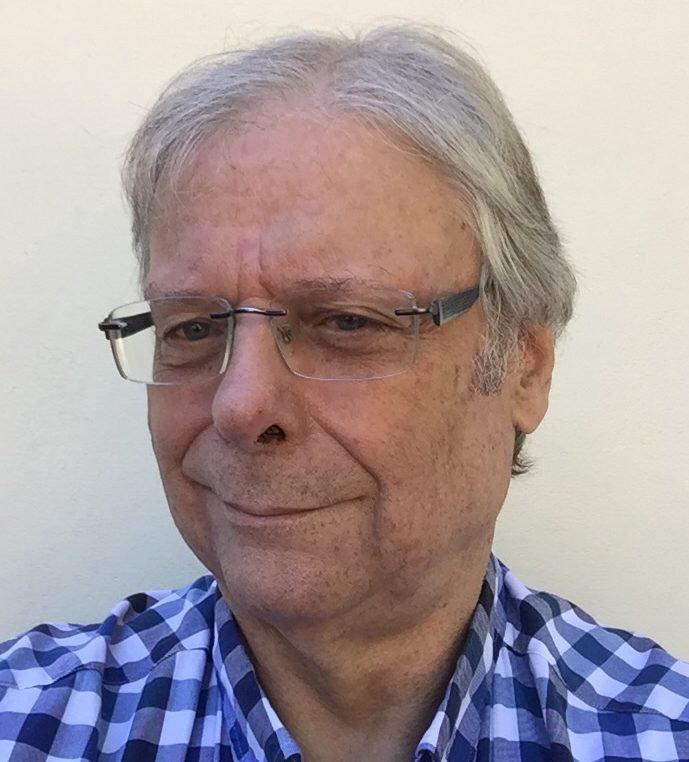 | Paul Leeson is a medicinal chemistry consultant with >35 years’ experience in major pharmaceutical companies: Smith Kline and French, Merck Sharp and Dohme, Wyeth (USA), AstraZeneca, and GlaxoSmithKline. Since 2014 he has advised large and small pharmaceutical companies, start-ups, and academia. At AstraZeneca (1997-2011) Paul was head of medicinal chemistry at the Charnwood site, and as leader of the Global Chemistry Forum he was accountable for the Company’s chemistry strategy. Paul’s drug discovery contributions have been in the cardiovascular, neuroscience, respiratory and inflammation therapy areas. He has a special interest in compound quality, recognised in 2014 by the receipt of the Nauta Award from the European Federation of Medicinal Chemistry. Paul has a PhD from the University of Cambridge and holds an honorary professorship at the University of Nottingham. |
| Dr Vania Moreira Strathclyde Institute of Pharmacy and Biomedical Sciences, University of Strathclyde (UK) 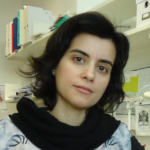 | Dr. Moreira is a Chancellor’s Research Fellow (Lecturer in Medicinal Chemistry) at the Strathclyde Institute of Pharmacy and Biomedical Sciences (SIPBS), at the University of Strathclyde, UK. She carries the Title of “Docent” (Adjunct Professor) from the University of Helsinki in Finland, where she has been a Principal Investigator and group leader since 2015. Dr. Moreiraholds a doctoral degree in Pharmaceutical Organic Chemistry from the University of Coimbra in Portugal, which she completed in 2008. In addition to Portugal, she has carried out research at the University of Maryland School of Medicine, Baltimore, USA (2006-2007), at the University of Ferrara, Italy (2011) and at the Faculty of Pharmacy, University of Helsinki, Finland (2012-present). Her current research is devoted to exploring the medicinal chemistry of the diterpenoids, namely the resin acids and their derivatives, and has been funded by several international sources including the Finnish Funding Agency for Innovation (TEKES), the Academy of Finland, the Magnus Ehrnrooth Foundation, the Huonekalusäätiö, the Portuguese Science and Technology Foundation (FCT), the European Union (Seventh Framework Programme FP7) and Tenovus Scotland. In 2016, she was highlighted as one of the “New talents- Europe”, by the European Federation of Medicinal Chemistry (EFMC). More details can be found from https://tinyurl.com/y8skw9fn |
| Dr Geoffrey Wells School of Pharmacy, University College London (UK)  | Geoff Wells is an Associate Professor in Medicinal Chemistry at UCL School of Pharmacy. He pursued a PhD in medicinal chemistry at the University of Nottingham under the supervision of Professor Malcolm Stevens FRS. He spent four years as a postdoctoral researcher in the CRUK Gene Targeted Drug Design Research Group at the School of Pharmacy, University of London, followed by two years working for Pharminox Ltd, an anticancer drug discovery company, as Drug Discovery Project Leader. In October 2007, Dr Wells took up the position of Lecturer in Medicinal Chemistry at The School of Pharmacy. His research work has focused on the design and synthesis of compound classes that affect redox homeostasis, interact with DNA in a sequence selective manner and that have selective cytotoxicity profiles. His current interests include the rational design of agents that modulate cytoprotective effects such as the Keap1-Nrf2 system that regulates antioxidant response element genes. |
| Prof. Mike Waring Northern Institute for Cancer Research, Newcastle University (UK) 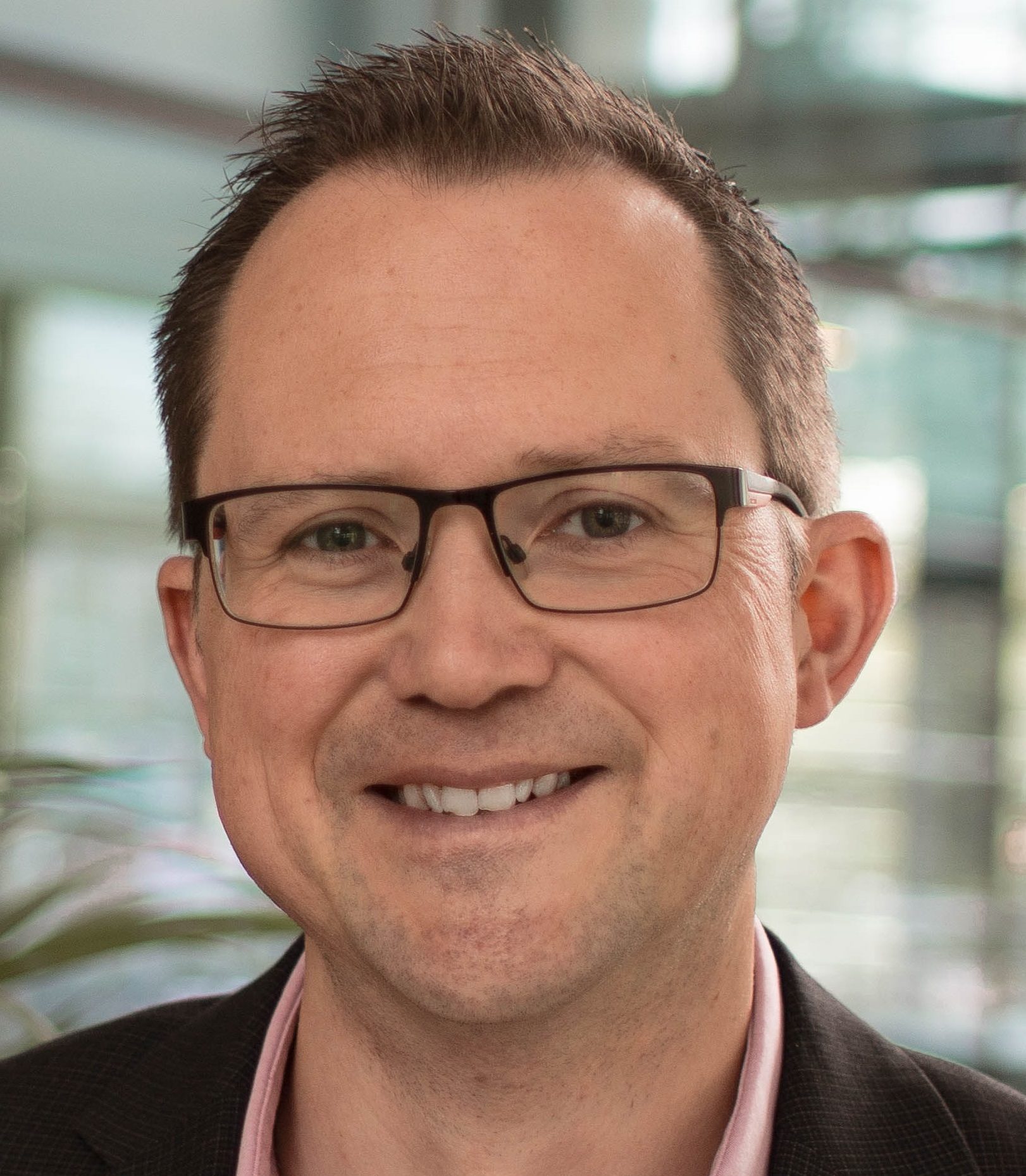 | Prof. Mike Waring holds the Chair of Medicinal Chemistry at Newcastle University (2015-present). He did his degree and PhD in Chemistry at the University of Manchester, completing his PhD studies with Tim Donohoe in 1999. He carried out postdoctoral work in the group of Phil Magnus at the University of Texas at Austin (2000-2001). He then joined AstraZeneca as a medicinal chemist (2001-2015) where he became Principal Scientist. Mike has worked on drug discovery programmes across the spectrum of drug discovery from hit generation to late optimisation and across multiple therapy areas, chiefly oncology and diabetes. He has led chemistry on programmes that have discovered 17 candidate drugs, including the mutant EGFR inhibitor osimertinib (TAGRISSO™). Mike not leads the medicinal chemistry in the Drug Discovery Group at the Northern Institute for Cancer Research, a CRUK Drug Discovery Centre. He is the author of over 50 papers and over 30 patents. His current research involves the discovery of new cancer treatments in areas of unmet need and new approaches to hit finding and optimisation. |
| Dr Chris De Graaf Director of Computational Chemistry, Sosei Heptares, Cambridge (UK) 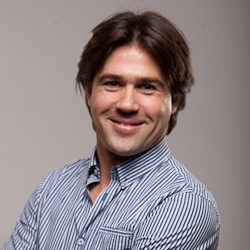 | Dr. Chris de Graaf is Head of Computational Chemistry at Sosei Heptares, an international biopharmaceutical group focused on the design and development of new medicines originating from its proprietary GPCR-targeted StaR® technology and Structure-Based Drug Design platform capabilities (www.soseiheptares.com). In this role Chris is leading the development and application of computer-assisted drug design approaches across the GPCRome to help Sosei Heptares advance a broad and deep pipeline of partnered and in-house drug candidates in multiple therapeutic areas including neurology, immuno-oncology, gastroenterology, inflammation and rare/specialty diseases. He performed his Ph.D. research at in Computational Medicinal Chemistry and Toxicology at VU University Amsterdam and worked as postdoctoral fellow with AstraZeneca Pharmaceuticals and Strasbourg University (Dr. Rognan) on the development and application of novel GPCR modeling and virtual screening techniques. Before his appointment as Head Computational Chemistry at Sosei Heptares, Dr. De Graaf led the Computational Medicinal Chemistry group at VU University Amsterdam, working on the development and application of structural cheminformatics and computational chemistry methods to complement synthetic medicinal chemistry, molecular pharmacology, and structural biology studies in drug discovery research projects. |
| Prof. Paul Wyatt Wellcome Centre for Anti-Infectives Research, School of Life Sciences, University of Dundee (UK) 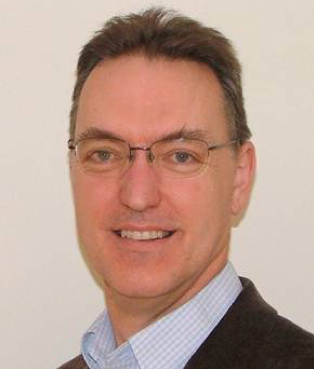 | Paul is currently Head of the Drug Discovery Unit, University of Dundee and Director of the Wellcome Centre for Anti-Infectives Research. His role is to help develop translational research at Dundee, by bringing together his and other’s experience of Drug Discovery in the Pharma/Biotech sector with basic academic research to deliver new treatments for a broad range of diseases e.g. malaria, leishmaniasis and cancer. Previously Paul worked within the BioPharma industry (23 years), gaining experience across a range of therapeutic areas, e.g. oncology, oxytocin antagonists; antiviral agents; TB; playing a significant part in seven compounds entering pre-clinical development. He gained a rare breadth of knowledge and experience of drug discovery by designing the first analogues of a fragment screening hit, and by leading the resulting drug discovery project through to pre-clinical development, culminating in one of the first compound from fragment based drug discovery reaching clinical trials. Paul obtained his BSc and PhD in Chemistry from the University of Birmingham. |
| Prof. John F. Gilmer School of Pharmacy and Pharmaceutical Sciences, Trinity College Dublin (Ireland) 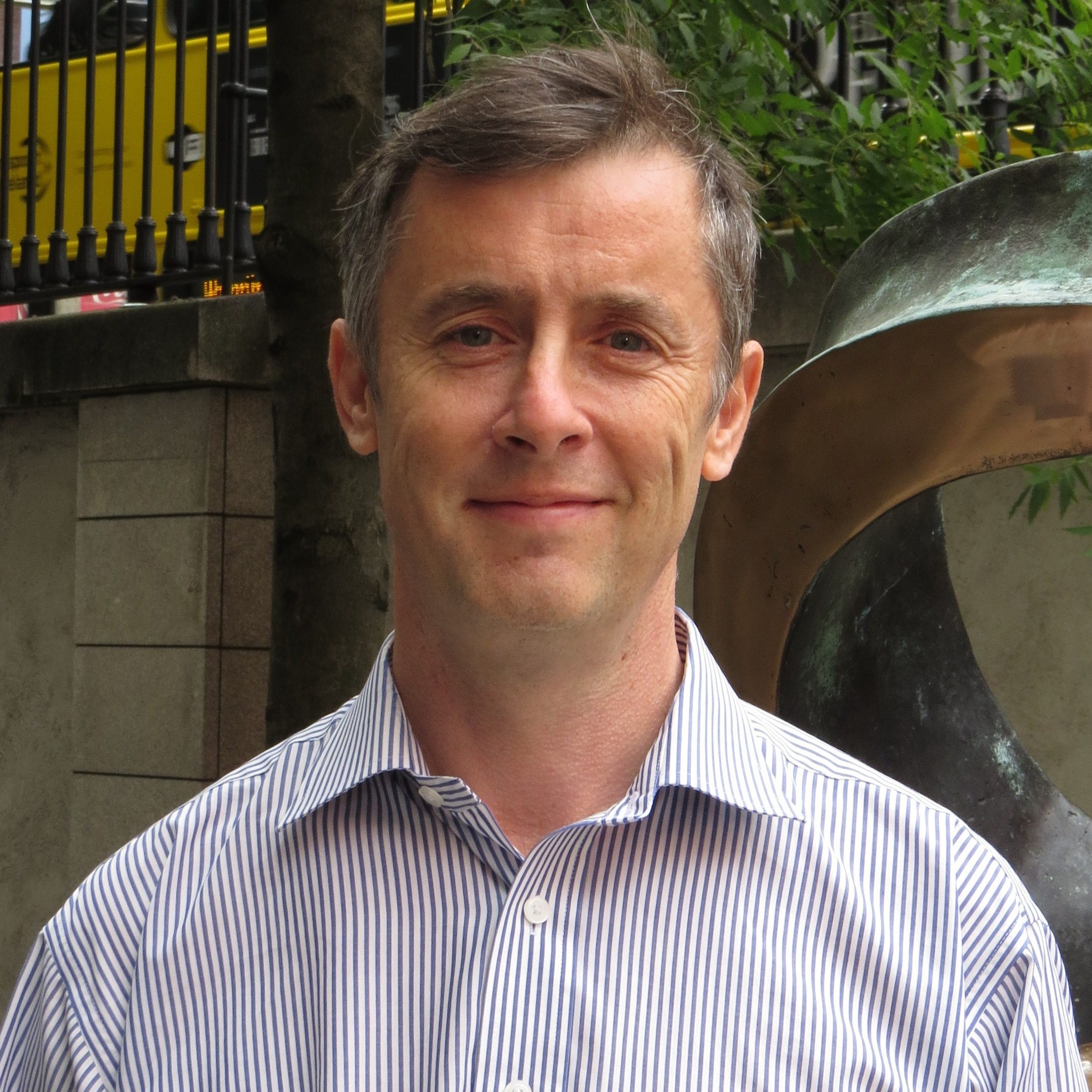 | John Gilmer is Professor in Pharmaceutical Chemistry in Trinity College Dublin (TCD). John holds a PhD in molecular recognition chemistry from TCD (1995). He held postdoc and visiting researcher positions in commercial pharmaceutical R&D at TCD and Queens University Belfast from 1995 to 1998 when he was appointed lecturer in the School of Pharmacy at TCD. He contributes to the TCD MPharm Programme and to a range of postgraduate courses related to pharmaceutical research and manufacturing, including MSc programs in Pharmaceutical Sciences and Pharmaceutical Manufacturing Technology (QP). He was Director of Teaching and Learning Postgraduate (2014-2018) and was recently elected Head of School, Pharmacy and Pharmaceutical Sciences. John has an active research group in varied fields of drug discovery and delivery. He is a co-founder of Solvotrin Therapeutics and its Director of Research. |
| Prof. Pierre Verhaeghe Faculty of Pharmaceutical Sciences, Paul Sabatier University; CNRS, Toulouse (France) 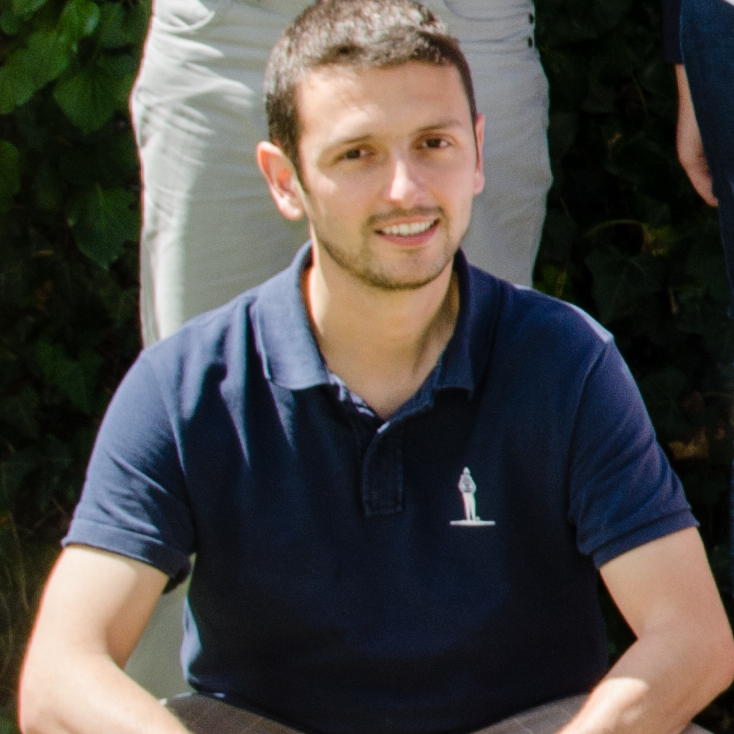 | Between 1997 & 2007, Pierre Verhaeghe studied Pharmacy and Organic Chemistry at the Universities of Caen, Rennes I and Aix-Marseille, where he was also pharmacy resident at the public teaching hospital (AP-HM). After a post-doc experience in the pharmaceutical industry at the J&J research center of Val de Reuil in 2008, PV joined academic research and is now, since 2013, professor of medicinal chemistry at the faculty of pharmaceutical sciences of Paul Sabatier university and team leader at the Laboratoire de Chimie de Coordination (UPR 8241) of the CNRS in Toulouse. The research activities of PV mainly focus on the design, synthesis and study of the mechanism of action of molecular or macromolecular anti-infective compounds targeting human pathogens such as intracellular protozoa (P. falciparum, Leishmania spp, Trypanosoma spp) or anaerobic bacteria (C. difficile). |
| Dr Nuria Cabedo Instituto de Investigación Sanitaria INCLIVA (Spain) 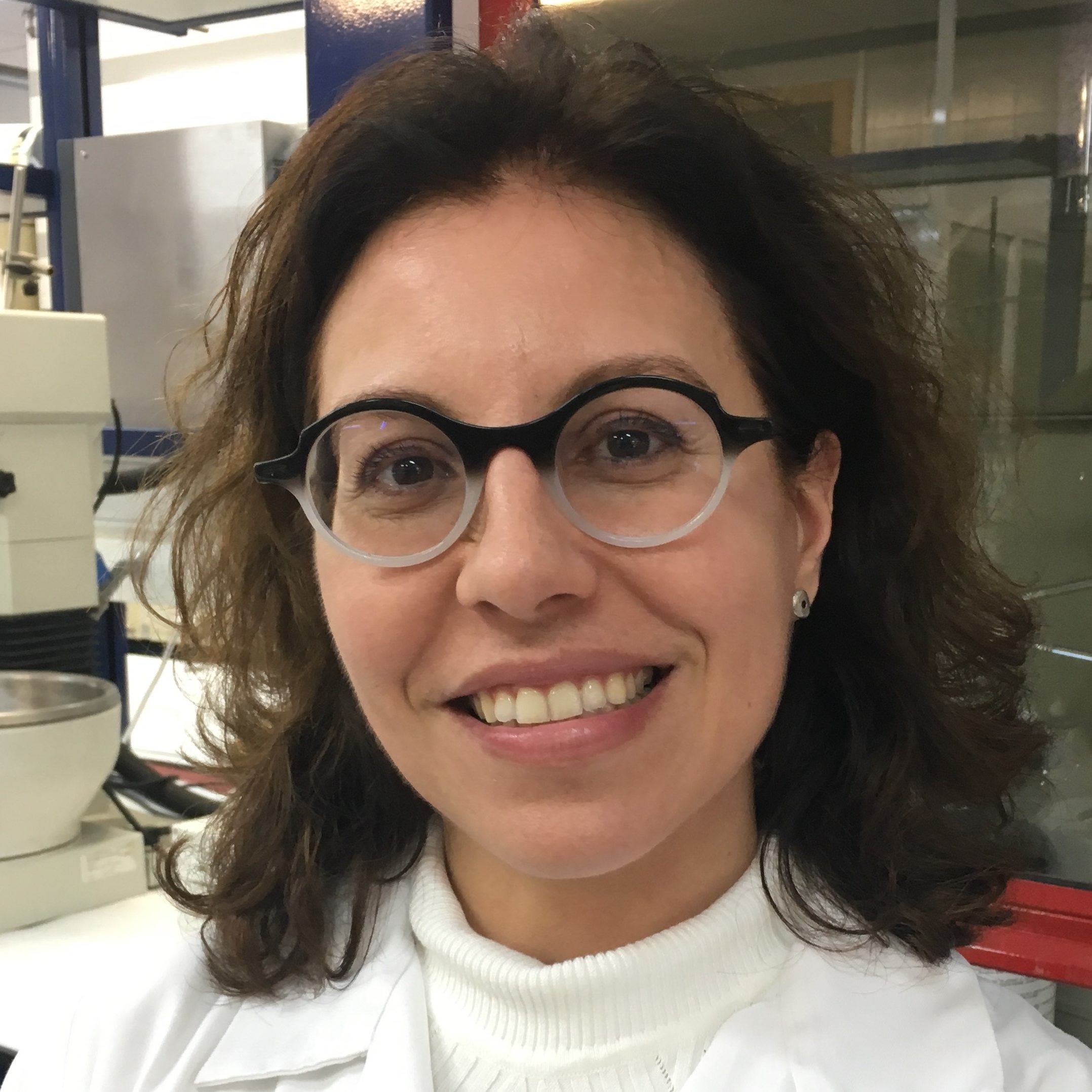
| I received my PhD in Pharmacy from the University of Valencia (2000), in the group of Prof. D. Cortes. From 2001-2004, I was a postdoctoral research fellow at several institutions (IRCOF, Rouen, CERMN, Caen, Chemistry Dept. of the University of Manchester). In 2005, I returned as postdoctoral researcher at the Centro de Ecología Química Agrícola of the Polytechnic University of Valencia. In 2015, I worked in the Biotechnology Company Biopolis of the Scientific Park of the University of Valencia. Since 2016, I was hired by the Biomedical Research Institute INCLIVA of the Foundation for the Research of the Hospital Clínico Universitario of Valencia. I have participated in 5 regionally/nationally funded projects andam a member of the Research Strategy in Personalized Medicine and Development of Innovative Medicines within the RIS3 measures framework and the COST Action MuTaLig. Since 2011, I have taught at both graduate and postgraduate levels within the Pharmacology Department, University of Valencia as an associate/invited professor. My research interests include the medicinal chemistry of natural products and synthetic analogues focused mainly on dopaminergic receptors, mitochondrial respiratory chain inhibitors, anti-inflammatory agents and PPARs, in order to treat cardiometabolic disorders and neurological diseases. |
| Dr Sébastien Gouin University of Nantes (France) 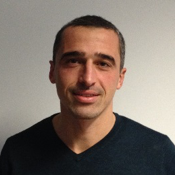 | Dr Sébastien Gouin is a CNRS research director in the laboratory CEISAM of the University of Nantes (France). He was born in Le Mans in 1976 and studied organic chemistry at the University of Nantes where he received his PhD in 2003. After postdoctoral training with Prof. Paul V. Murphy at University College Dublin (Ireland), he was appointed as a CNRS researcher in the University of Amiens. The present research activities of his group in Nantes are focused on the development of mono- and multivalent glycoconjugates interfering with carbohydrate-binding and processing proteins (lectins and glycosidases) from pathogens. |
| Dr. Yulia Sidrova University of Helsinki (Finland) 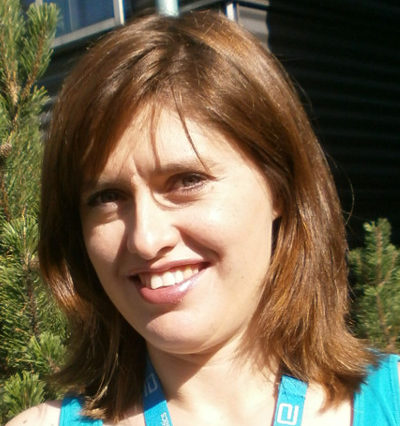 | Dr. Yulia Sidorova is a Team Leader at the Institute of Biotechnology, HiLIFE, University of Helsinki. She received her PhD in biochemistry in 2005 and shortly afterwards joined a group of Prof. Mart Saarma at the Institute of Biotechnology, University of Helsinki as a postdoctoral researcher to develop small molecules mimicking biological effects of neurotrophic factor GDNF. In 2014-2016 she made a 14-months internship in a small biotech company GeneCode Ltd as a Marie Curie fellow to learn basics of medicinal and computational chemistry. In 2013 she became a Junior Team Leader and in 2019 she received funding from Finnish Academy to start her independent research team. The main focus of Dr. Sidorova’s research is the development of small molecular weight compounds to combat neurodegeneration in Parkinson’s disease and neuropathic pain. In addition, sheparticipated in resolution of X-ray structure of GDNF co-receptors, discovery of alternative receptor for GFLs (Syndecan-3) and identification of GDNF binding determinants important for its biological activity. The main achievement of Dr. Sidorova’s team is the identification of several classes of GDNF mimetics, their characterization in vitro and in animal models of Parkinson’s disease and neuropathic pain. More information about our research can be found here: https://www.helsinki.fi/en/researchgroups/neurotrophic-factors-and-regeneration/research/gdnf-mimetics http://gdnf.mimetics.eu/ https://www.facebook.com/gdnf.mimetics/ |
| Prof. Peter Gmeiner Friedrich-Alexander-Universität Erlangen-Nürnberg 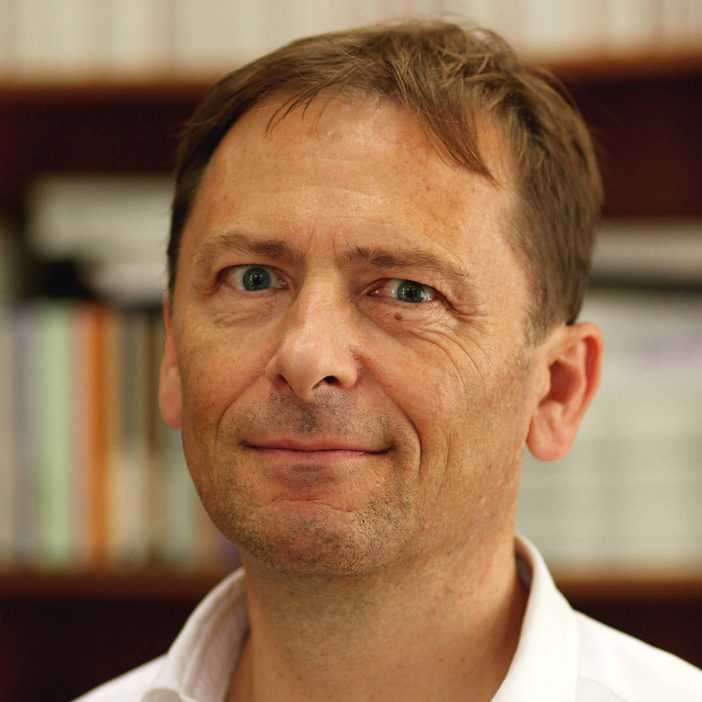 | Prof. Dr. Peter Gmeiner (*30.05.1959) received his Ph.D. in 1986 from the University of Munich. From 1987 to 1988 he was a postdoc at the University of California in Berkeley, USA. He subsequently returned to Munich as a research associate at the Institute of Pharmaceutical Chemistry. Upon receiving his Dr. Habilitus in 1992, for which he was honored with the Johann-Wolfgang-Döberreiner prize of the DPhG (1993), he was appointed at the University of Bonn as a Professor of Pharmaceutical Chemistry declining an offer for a professorship at the University of Heidelberg, at the same time. Since October 1996, he has been chaired Full Professor of Pharmaceutical / Medicinal Chemistry at the Friedrich-Alexander University Erlangen-Nürnberg. In 2000, he declined an offer for the Chair for Pharmaceutical Chemistry at the University of Münster. From 2000 to 2002, he was Senator at the University of Erlangen-Nürnberg. 2003-2010, he was a board member of the Medicinal Chemistry Section of the German Chemical Society (GDCh). Since 2008, Peter Gmeiner is chairman of the Pharmaceutical / Medicinal Chemistry Section of the German Pharmaceutical Society (DPhG). 2008-2012, he was the speaker of the Emil Fischer Graduate Programme in Pharmaceutical Sciences & Molecular Medicine (EFS). Since 2017, Peter Gmeiner is the Chairman of the Department of Chemistry and Pharmacy and Vice-Dean of the Faculty of Natural Science. Peter Gmeiner is spokesman of the Research Training Group “Medicinal Chemistry of Selective GPCR Ligands” (GRK 1910). Peter Gmeiner is a co-founder and consultant of the company Epiodyne, Inc. Peter Gmeiner has a track record of more than 250 publications in peer-reviewed scientific journals (including Nature, PNAS, Angew. Chem., J. Med. Chem., etc.) including patents and patent applications. He is an invited speaker on international conferences and has given more than 100 invited talks. Peter Gmeiner serves as referee for the Deutsche Forschungsgemeinschaft (DFG), the Alexander von Humboldt-Foundation (AvH), the DAAD and for more than 20 top ranked journals in the fields of Chemistry and Pharmacology. He is an Editorial and Advisory Board Member of a number of international journals including Bioorganic & Medicinal Chemistry, Bioorganic & Medicinal Chemistry Letters and ChemMedChem. Peter Gmeiner’s research spans the design, organic synthesis and pharmacological investigation of bioactive molecules addressing aminergic and peptidergic G-protein coupled receptors (GPCRs). Within these studies, the following topics are of special interest: Covalent and slowly diffusing ligands for GPCR crystallography, design and synthesis of novel subtype selective GPCR agonists, partial agonists and antagonists including novel antipsychotic and anti-Parkinson-active agents, development of radioligands for PET and SPECT, efficacy tuning and mechanistic studies on G-protein coupled receptors (GPCRs) involving wild-type and mutant receptors, molecular modelling of GPCRs, fancy bioisosteres for G-protein coupled receptors, development of bivalent ligands for GPCR dimers, single molecule detection of GPCR-ligand complexes by TIRF microscopy, peptidic und non-peptidic neurotensin receptor ligands, solid phase supported methodologies and their application for the discovery of GPCR ligands, ß-turn inducing peptide mimetics. |
| Prof. Rob Leurs Vrije Universiteit Amsterdam 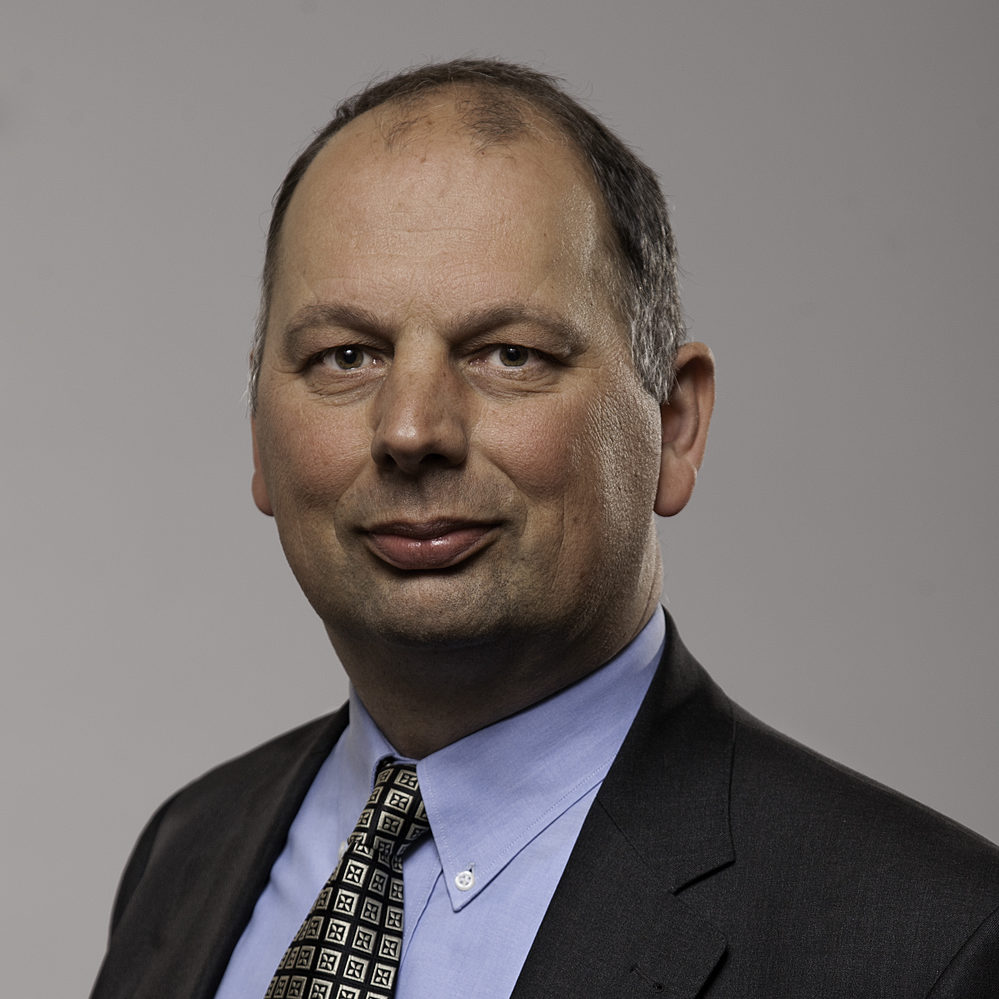 | Prof. Leurs is involved in research on G-protein coupled receptors, with specific emphasis on ligands and receptor proteins for histamine and chemokines. Moreover, he is co-founder of Griffin Discoveries, a company that valorizes the G-protein coupled receptor expertise and is currently involved in the discovery and development of GPCR receptor ligands. Next to that he has in recent years started a new line on structure-based development of potential drugs against Neglected Tropical Diseases. |